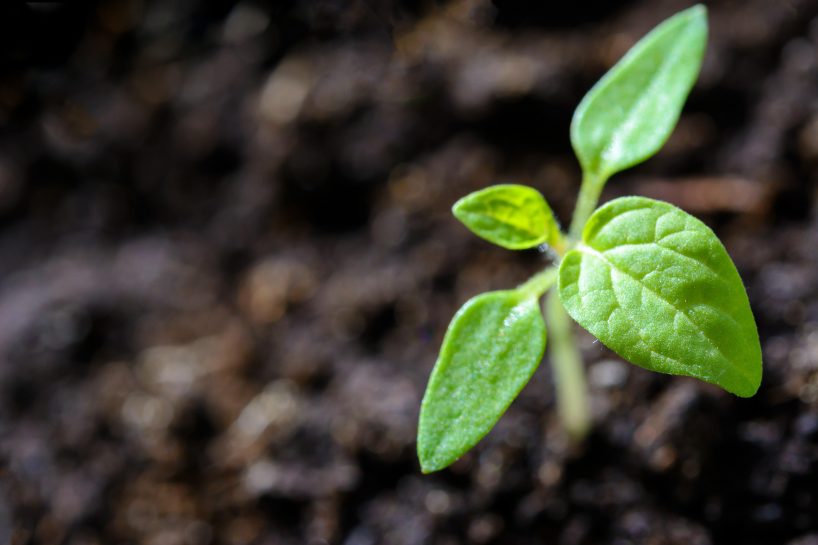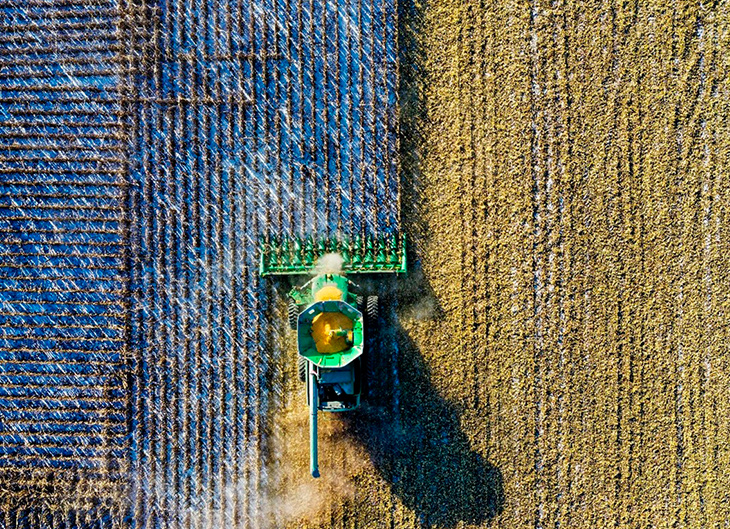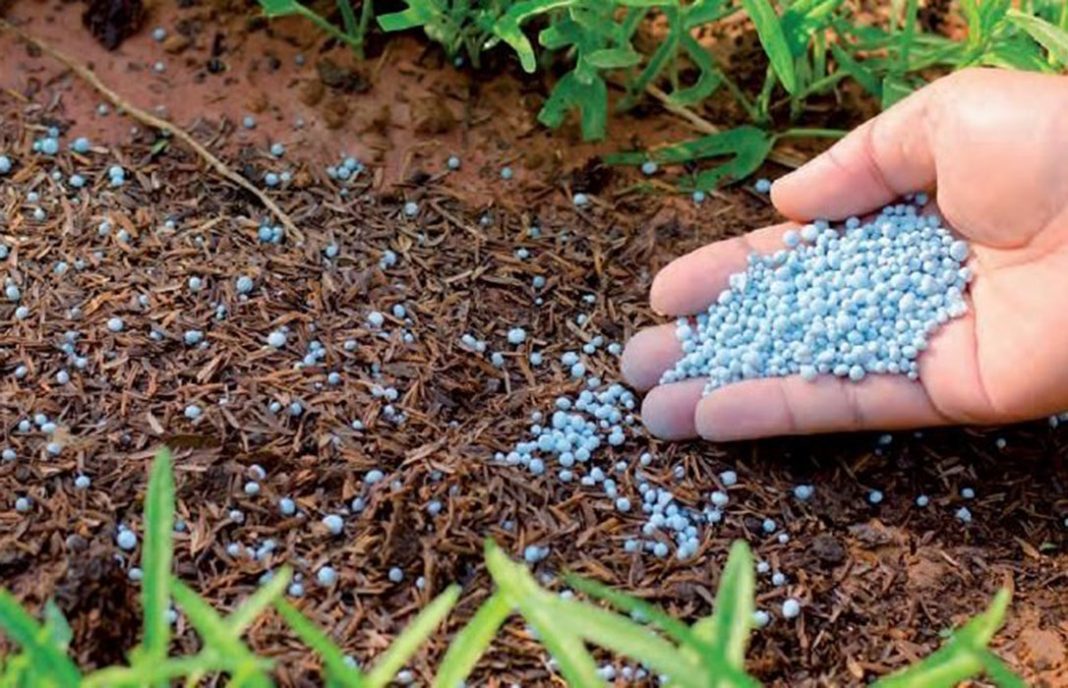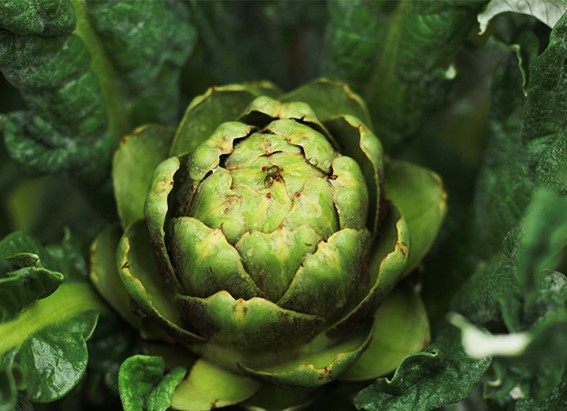
Agrométodos contributes to the development of a new method to evaluate the biostimulant potential of different natural extracts
In collaboration with the Molecular and Cellular Plant Biology Institute (Instituto de Biología Molecular y Celular de Plantas, IBMCP), a joint centre comprising the Polytechnic University of Valencia (Universitat Politécnica de Valencia, UPV) and the Spanish National Research Council (Consejo Superior de Investigaciones Científicas, CSIC), Agrométodos recently participated in research to design a simple and fast method to evaluate the biostimulant potential of different natural extracts to protect plants against the adverse effects caused by abiotic factors such as a sharp temperature increase or decrease, salinity or drought.

Under controlled laboratory conditions, this innovative method was designed by combining two techniques for cultivating model organisms: one technique based on the bakery yeast Saccharomyces cerevisiae, and the other based on the cruciferous plant Arabidopsis thaliana.

Figura 1. Evaluation with
Saccharomyces cerevisiae.

Figura 2. Evaluation with Arabidopsis thaliana.
These organisms present a molecular mechanism equivalent to that of most vegetable species to resist abiotic stresses. Furthermore, they present the advantage of growing rapidly and taking up very little space, which means that with this method it is possible to evaluate several natural substances in a short span of time, and by doing so, quickly choose which will be the most appropriate for developing a biostimulant product with bio-protective capacity against each specific type of stress, which will later be tested in the field.
Thanks to this newly designed method, in under 6 months it was possible to evaluate the bio-protective potential against thermal, saline or hydrological stress of 11 different extracts produced by Agrométodos, which were obtained from various natural materials (algae, compost, humus, chitosan, etc.). The method also allowed for comparing the effect of different doses of each of the extracts. In this way, as well as selecting which natural extracts have the greatest potential to formulate an anti-stress product for vegetables, it also provided information on what concentration would be the best for working with the extract. On the other hand, the method also made it possible to find out whether any of the natural extracts presenting bio-protective potential could cause phytotoxic effects on vegetables when applied above a certain threshold dose. All the results, such as details of the method designed, can be found in the article published this March1 in the international magazine Agronomy, published by MDPI.
1Saporta, R., Bou, C., Frías, V., & Mulet, J. M. (2019). A method for a fast evaluation of the biostimulant potential of different natural extracts for promoting growth or tolerance against abiotic stress. Agronomy, 9(3), 143.





